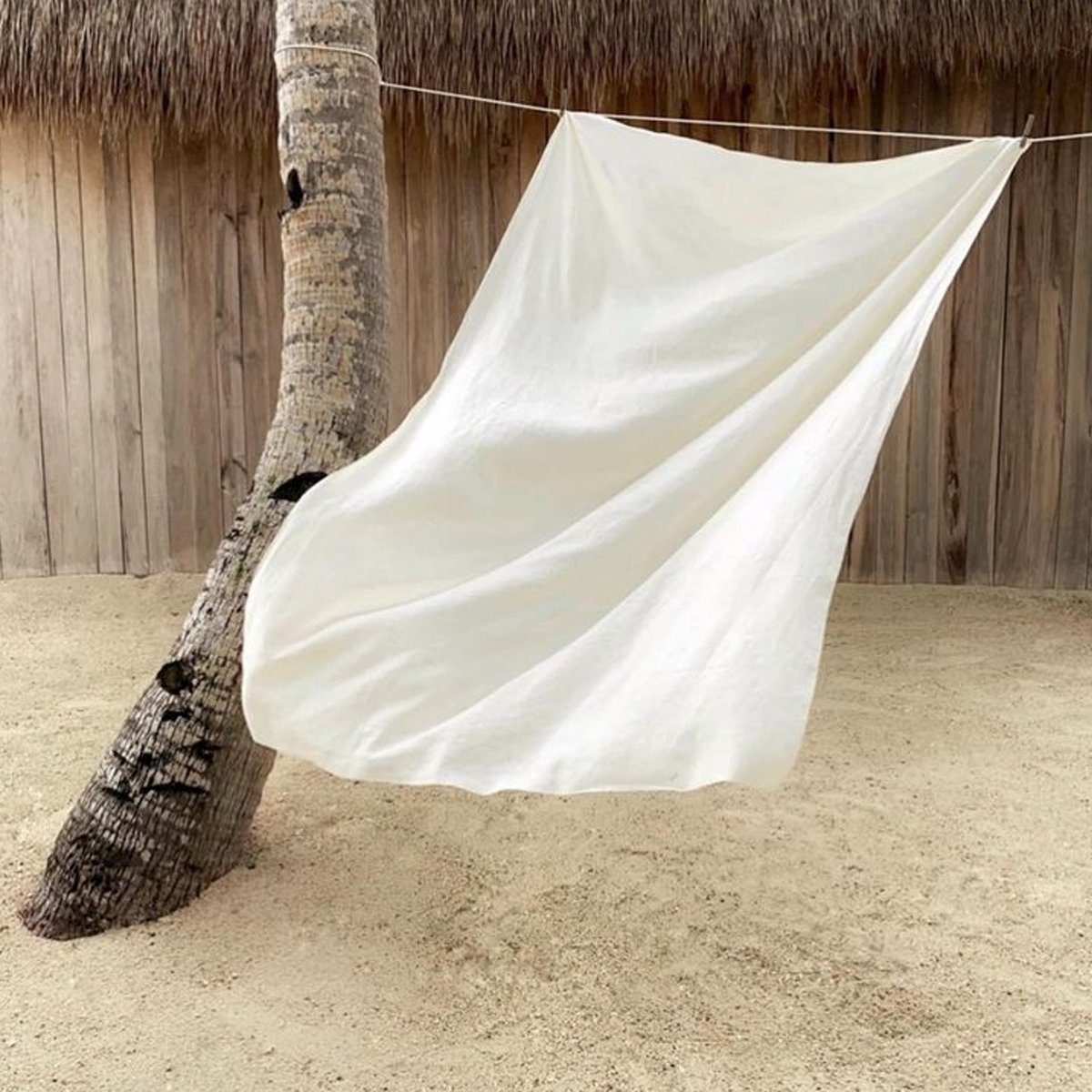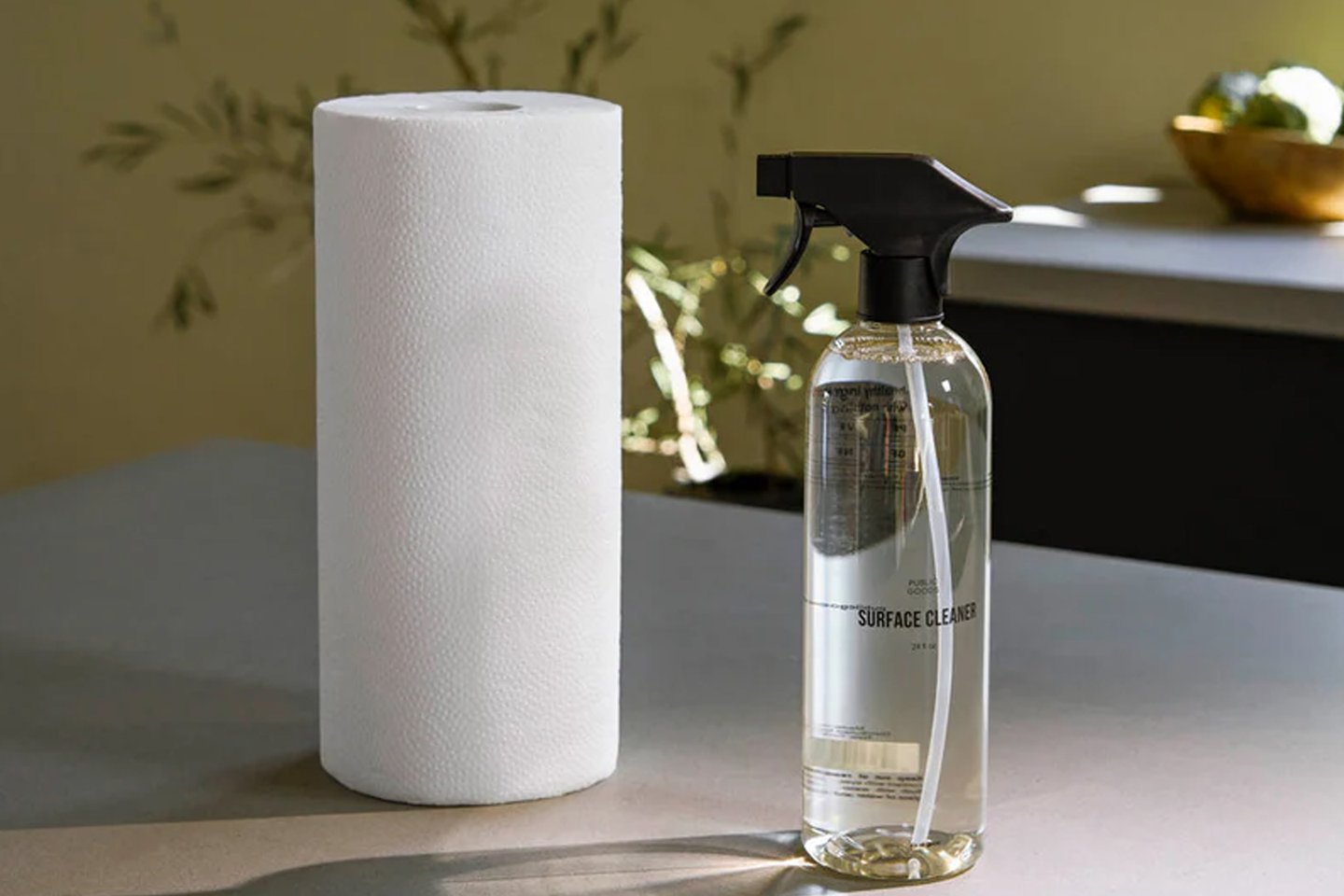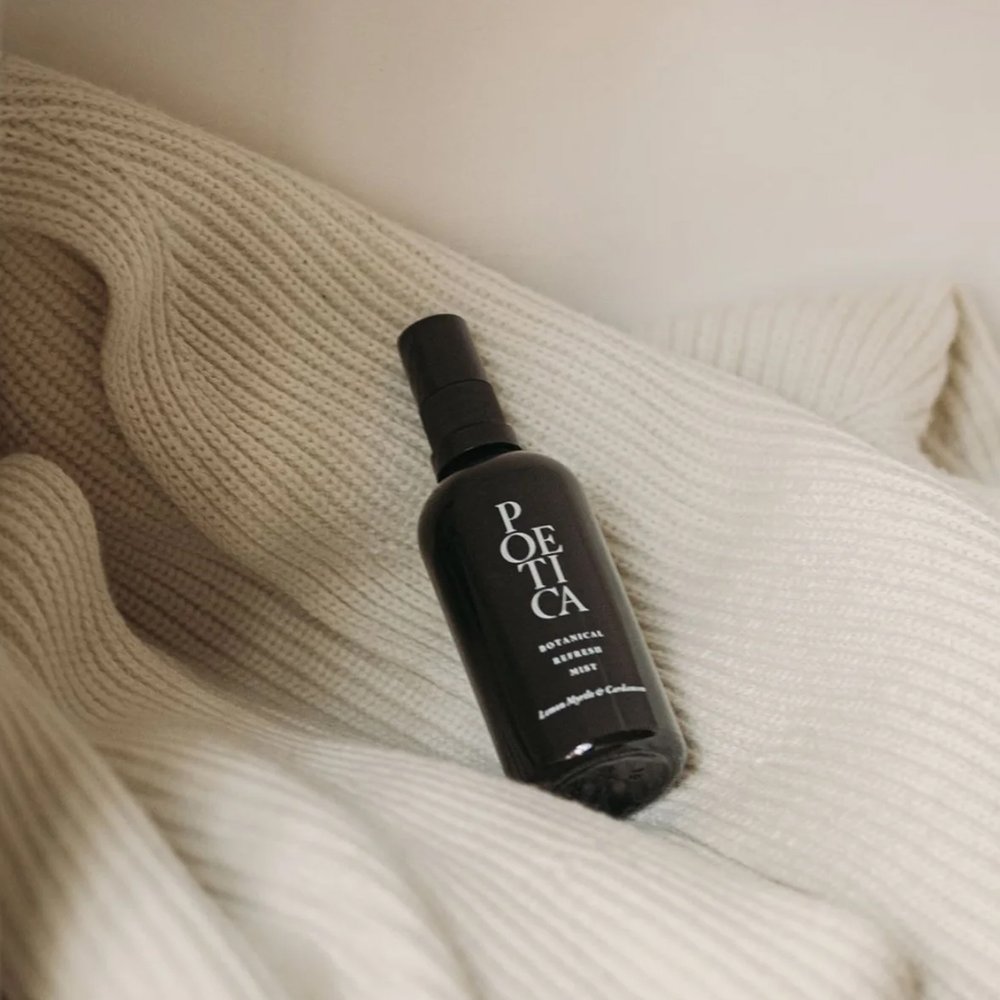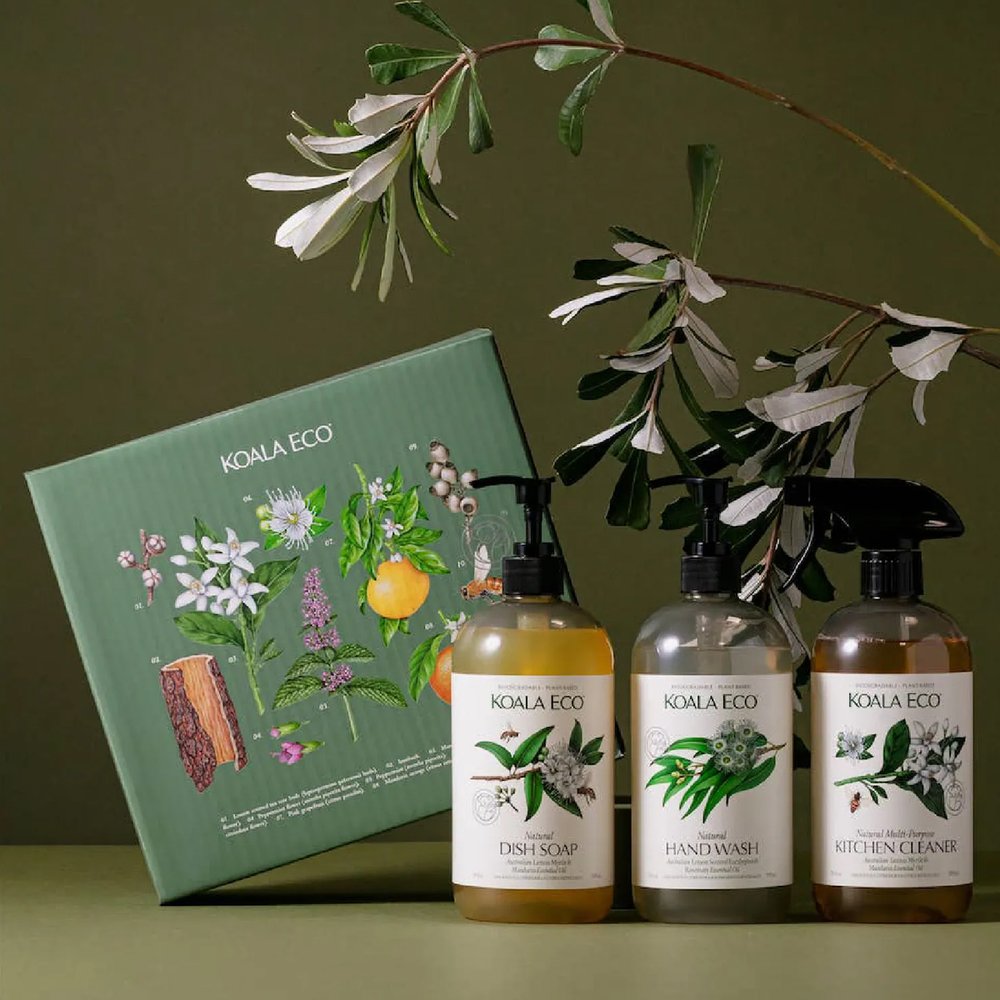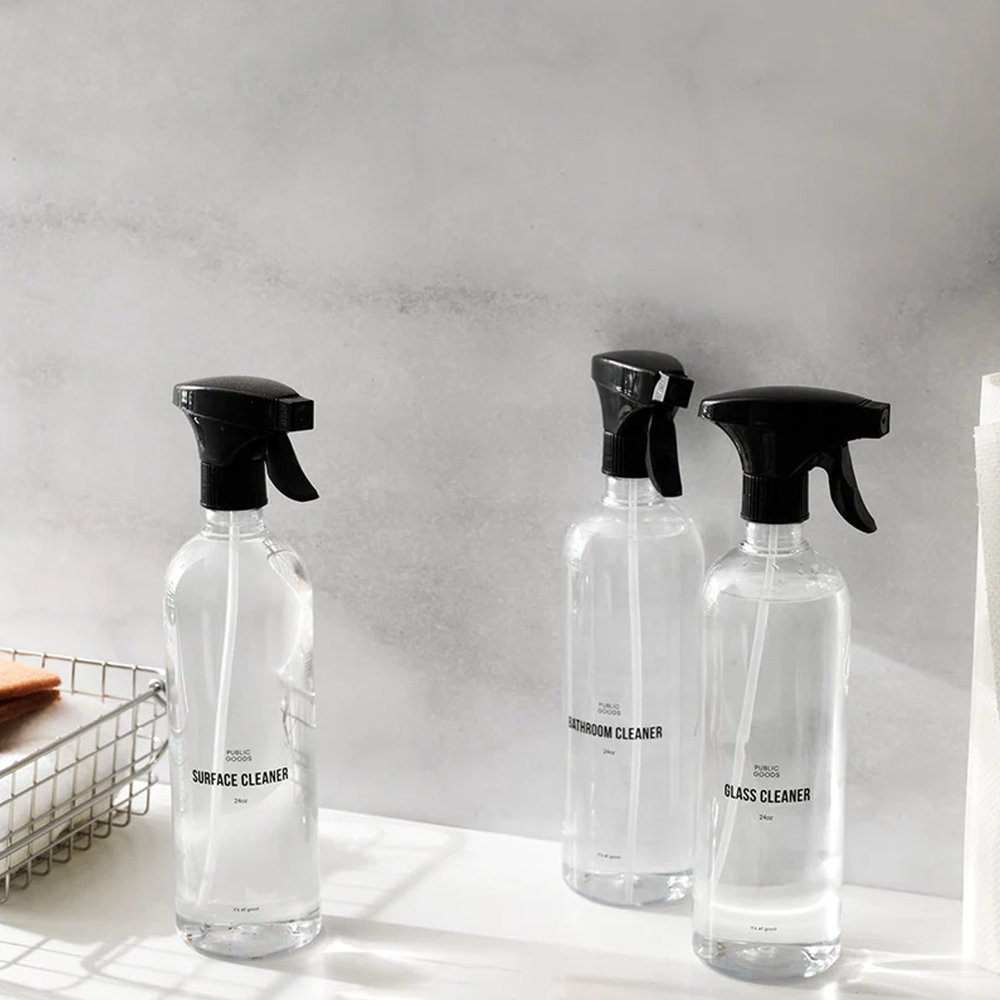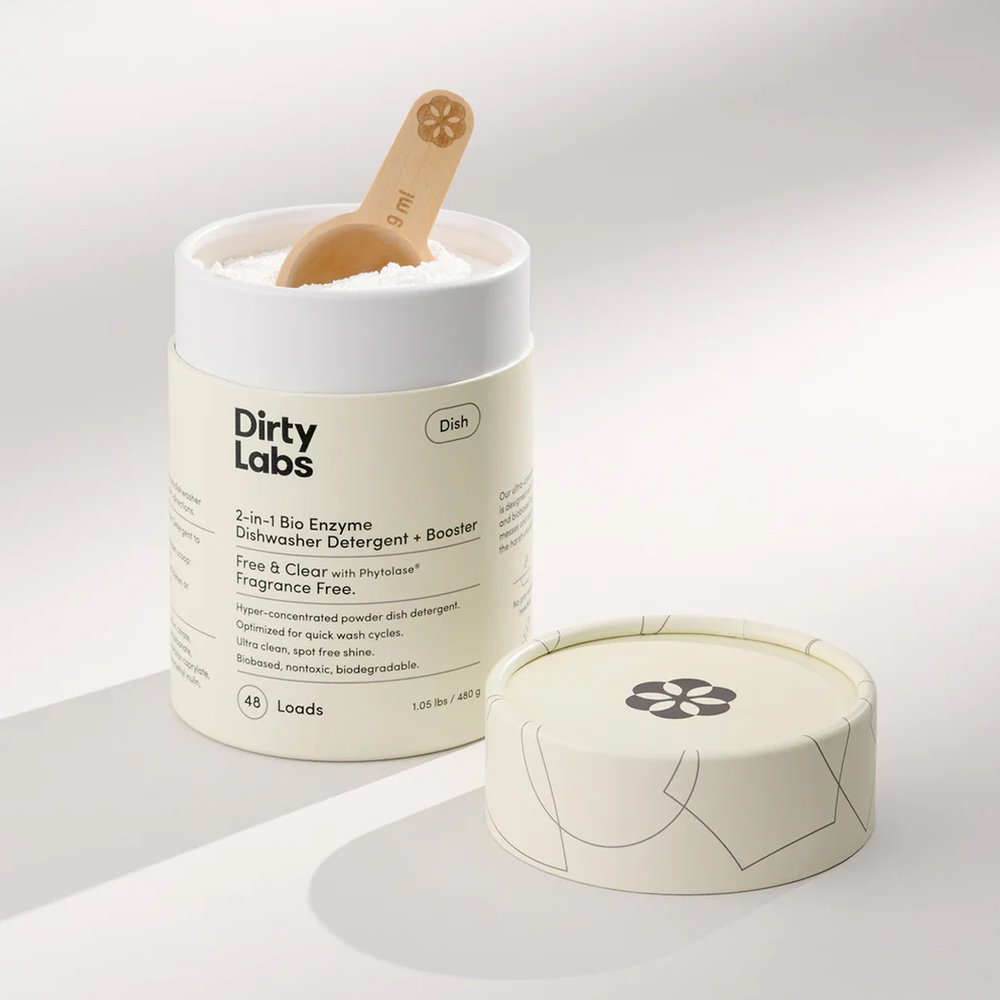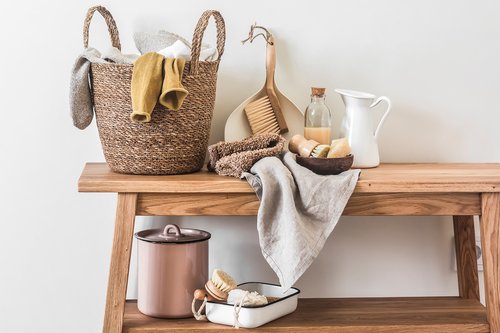Cleaning Products
Spring cleaning often involves an arsenal of sprays, disinfectants and multipurpose cleaners – many of which contain chemicals that degrade air quality. Common ingredients like ammonia, chlorine and synthetic fragrances are particularly problematic. Disinfectants, for instance, often contain Quaternary Ammonium Compounds (QACs) that are linked to respiratory issues and skin irritation. Some research suggests that regular use of such products may contribute to conditions like asthma, particularly in individuals who already have sensitivities. Likewise, ammonia-based cleaners, while effective for cutting through grime, release fumes that can irritate the lungs and exacerbate breathing difficulties.
Another major concern is the reaction between cleaning products and ozone, a naturally occurring gas that enters homes from outdoor air. When VOCs from scented cleaners react with ozone, they create even more harmful secondary pollutants, compounding the risk of indoor air contamination. For a fresher, healthier home, swap synthetic cleaners for natural solutions that can often be found in the pantry, like white vinegar, baking soda and plant-based soaps.
For those looking for truly non-toxic options, brands like Koala Eco and Poetica offer natural, plant-based formulations without the synthetic additives found in most mainstream products. Dirty Labs offers dishwasher detergent formulated with bioenzymes and Public Goods has created a walnut scrubber sponge free from pesticides such as triclosan. However, even within the natural cleaning space, it’s essential to research ingredients, as many brands that claim to be ‘non-toxic’ still contain synthetics.

